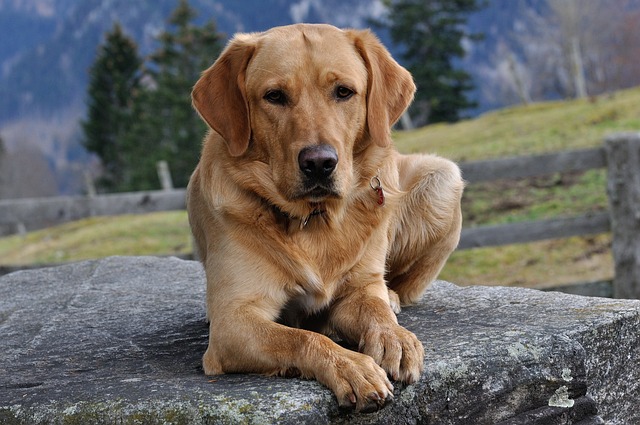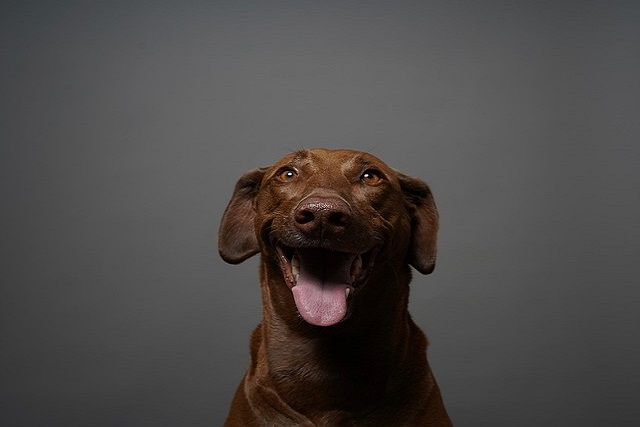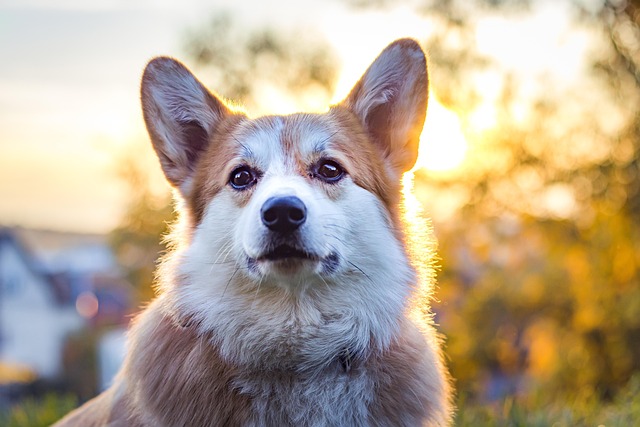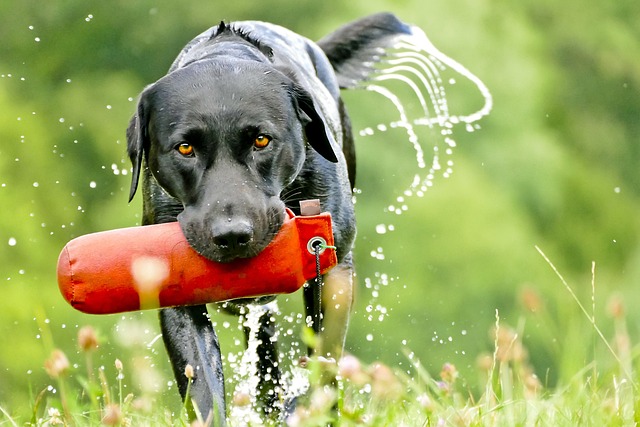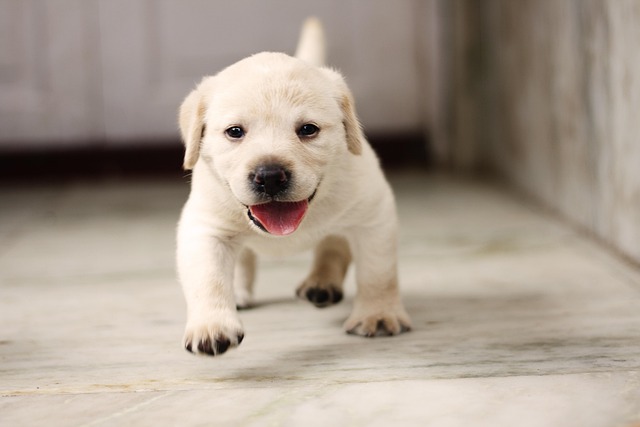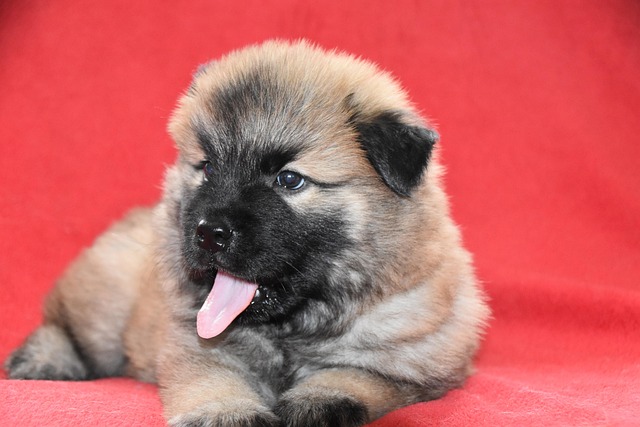When the brand-new sofa has gaps chewed out of it, the beloved slippers are unrecognizable, and the newly bought data cable also can't escape the "bad luck", looking at the mess all over the floor and then at the puppy wagging its tail with an innocent look, that complex feeling of being angry and helpless instantly wells up in the heart. We know that they don't mean to make trouble on purpose, but these chewing behaviors not only cause trouble in our lives but may also endanger their own safety. Every puppy is a new member of the family. They explore the world with curious eyes, and chewing things randomly is a way for them to get to know the world. Only by understanding the reasons behind their behaviors and correcting them in a scientific and loving way can we help them smoothly get through this special stage and establish good behavior habits.
Puppies like to chew things randomly, which is first closely related to their physical development. During the teething stage of puppies, their teeth will go through the process of changing from baby teeth to permanent teeth. At this time, the gums will have uncomfortable symptoms such as itching and dull pain. In order to relieve this uncomfortable feeling, puppies will instinctively rub their gums by chewing various items, just like human babies who like to bite things when they are teething. Just imagine that in the little puppy's mouth, new teeth are emerging, and the gums are itchy and painful. They can only relieve the pain by biting things, but they don't know which things they can bite and which they can't. At this time, they actually need more understanding and guidance from the owner. In addition, during the growth of a puppy's teeth, it also needs to exercise its biting force by chewing to make the teeth stronger.
In addition to physical reasons, psychological factors are also an important aspect that causes puppies to chew things randomly. Puppies are naturally curious and full of the desire to explore everything around them. They feel the texture, taste, and shape of objects with their mouths. In this process, any item may become their "toy". At the same time, when puppies feel lonely and bored, they will also chew things randomly to pass the time and release their energy. If the owner doesn't accompany them to play for a long time or doesn't provide enough entertainment activities, they will shift their attention to the items around them and seek stimulation and fun by biting things. Looking at the puppy at home alone, biting items and amusing itself, there is a hint of loneliness in that small figure, and we should give them enough attention and company.
To correct the behavior of a puppy chewing things randomly, we need to start from multiple aspects. First of all, we should meet the physical needs of puppies during the teething period. Prepare suitable teething tools for them, such as rubber teething sticks and chew toys. These teething tools can not only help puppies relieve gum discomfort but also prevent them from damaging furniture, wires, etc. during the chewing process. When choosing teething tools, pay attention to their quality and safety to ensure that they won't be chewed into pieces and swallowed by the puppy, causing dangers such as suffocation or intestinal blockage. Put the teething tools in places where the puppy can easily find them and guide them to chew these special items. When you find that the puppy is chewing a teething stick, give praise and rewards in a timely manner. It can be a gentle stroke, kind words, or a delicious snack, so that they understand that biting these things is allowed and encouraged.
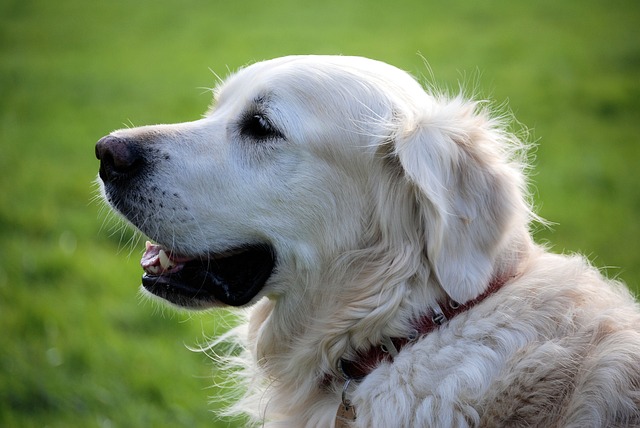
Secondly, we should enrich the puppy's life and meet its psychological needs. Arrange a fixed time every day to play with the puppy. Through games such as playing ball, tug-of-war, and chasing, consume their energy and let them release their excess energy in the games. Playing not only enhances the relationship between the owner and the puppy but also makes the puppy feel happy and satisfied, reducing the random chewing behavior caused by boredom. At the same time, provide a variety of toys for the puppy, such as plush toys, squeaky toys, and puzzle toys, and replace the toys regularly to maintain a sense of freshness. Puzzle toys can stimulate the puppy's intelligence and make them think while playing. For example, hide snacks in the puzzle toys and let the puppy find the food through exploration. This can not only satisfy their curiosity but also prevent them from focusing their attention on furniture and other items.
When you find that the puppy has the behavior of chewing things randomly, don't use punishment methods such as beating and scolding, because this not only fails to solve the problem but also makes the puppy feel scared and uneasy, and may even affect the trust relationship between them and the owner. Instead, stop it in a timely manner. You can say "no" in a serious tone and at the same time, shift the puppy's attention to suitable items, such as handing it a teething toy. If the puppy obeys the command and stops chewing things randomly, give rewards immediately. Through repeated guidance and training, let the puppy gradually understand which behaviors are not allowed and which behaviors are correct.
In addition, take good protective measures at home to prevent the puppy from coming into contact with dangerous items. Wrap wires, sockets, etc. with protective covers, and put fragile items and toxic items out of the puppy's reach. You can use fences or cages. When the owner can't take care of the puppy, place them in a safe area temporarily to prevent accidents.
Correcting the behavior of a puppy chewing things randomly requires the owner's patience and carefulness. This process is like a "practice" full of love and wisdom. Every guidance and company is the care for the puppy's growth. One day, when we see that the puppy that used to be naughty and liked to chew things randomly has become a well-behaved and sensible partner, all the efforts will turn into full happiness and gratification. Let's accompany the puppy through this special growth stage with warm love and scientific methods and jointly create a harmonious and safe living environment.
